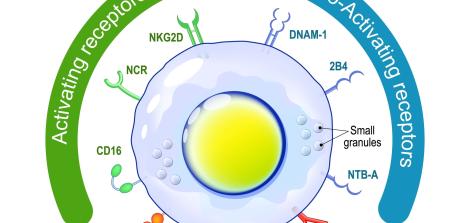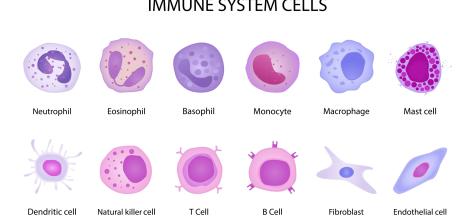Omics

The term omics includes several disciplines in biology that end with the suffix "-omics," and which focus on the comprehensive study of entities within the cell, such as genes, proteins, metabolites, and other elements. One example is genomics.
Who hasn't heard the explanation, "It's genetic"? Blood type, earwax texture and even the tendency to like cilantro - all of these can be explained by genetics. Genes are indeed responsible for our characteristics, but the truth is that very few traits are caused by a single gene. To understand how a complex machine like our body works, we must look beyond the individual component.
Computational biology has led to the development of omics fields, which analyze vast amounts of data representing the structure and function of an entire biological system at a specific level. These fields analyze data from various molecules, including DNA (genomics), RNA transcripts (transcriptomics), proteins (proteomics), metabolites (metabolomics), and lipids (lipidomics). By analyzing information at these various omics levels, researchers can obtain a more complete picture of the body and its functions in both health and disease.
Last Updated Date : 03/08/2024








